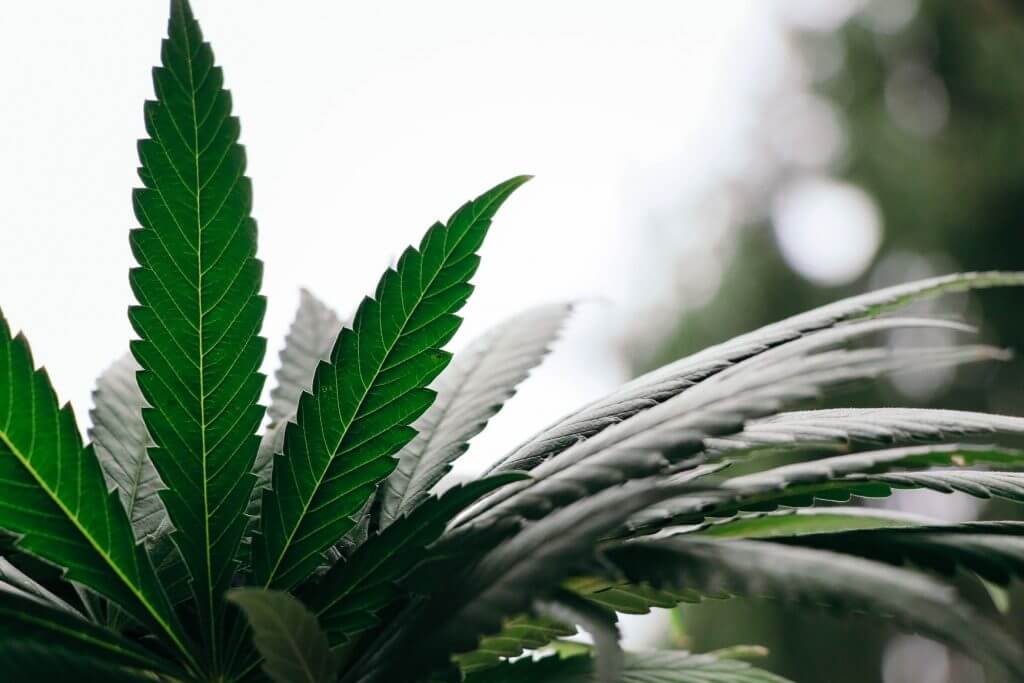Alzheimer’s disease is estimated to affect 35-50 million people worldwide, with that number expected to triple in the next 30 years.
And as anyone who has seen a family member or friend suffer from the neurodegenerative disease knows, the symptoms can be extremely upsetting and difficult to deal with – for both the patient, their loved ones and their carers.
However, while there is no current cure for the disease, there is growing evidence that cannabis may help.
Most recently, a new study has found regular low doses of the cannabinoid THC (as part of a new THC-based drug) may offer promise in treating some of the major symptoms of Alzheimer’s, such as aggression and agitation.
New study
Cannabis healthcare company India Globalization Capital (ICG) have recently put their new drug, IGC-AD1, through a Phase 1 clinical trial in order to investigate its efficacy in treating certain symptoms of Alzheimer’s disease
The investigational new drug, IGC-AD1, includes another molecule alongside THC.
According to IGC and reported by CannabisHealthNews.co.uk, the data collected over the course of the Phase 1 trial saw evidence of clinical improvements in anxiety, depression, and agitation.
In fact, on the anxiety and depression scales, a 50-60% decrease was seen, as well as a decrease in agitation of approximately 35-60% in patients who received the drug.
Based on the early data, the researchers believe that the most effective dosage schedule is once or twice per day, depending on the symptoms.
IGC say a placebo-controlled, multi-site trial with a significantly expanded patient population is planned in order to further test the efficacy of IGC-AD1 on agitation, anxiety, and depression in Alzheimer’s patients.

Microdosing cannabis
This recent trial focused on low doses, or microdoses, of THC in the form of IGC-AD. Microdosing cannabis is when you take a dose of whole-plant cannabis or THC so low that the psychoactive effects are unnoticeable.
While microdosing psychedelics like psilocybin is gaining traction around the world, interest is also growing in microdosing cannabis. The rationale behind taking tiny doses of THC is to achieve subtle benefits in mood, creativity and even discomfort, inflammation or pain.
The effects of THC are described by scientists ad biphasic, which means it can have opposing effects depending on the dose. For example, at high doses THC can cause anxiety, raised heart rate, and, in some unfortunate people, psychotic-like effects (these wear off alongside other side effects), while at low dose it has the opposite effects,
Read: Guide: How To Microdose Cannabis (Benefits, Methods, Results)
Cannabis for Alzheimer’s
Earlier this year, a non-profit organisation that focuses on cannabinoid education and therapy reported that, to date, there have been six clinical trials in which THC was found to ease aggression and agitation in patients diagnosed with dementia or Alzheimer’s disease.
Aggression is a common symptom of Alzheimer’s, occurring in up to 98% of patients, while 55% experience agitation.
“Cannabis research for Alzheimer’s is critical because this disease affects tens of millions of individuals globally, and to date, there is no curative treatment available,” said Nicolas Schlienz, PhD, research director at non-profit Realm Of Care (RoC).

“Research has shown that modulation and regulation of the ECS [endocannabinoid system] through cannabinoids such as delta-9 tetrahydrocannabinol (THC) and cannabidiol (CBD) offer neuroprotective, anti-inflammatory and antioxidant benefits as well as the ability to reduce excitotoxicity and oxidative stress,” he adds.
Of the research available, studies also suggest CBD could be an effective treatment strategy for neurodegenerative diseases such as Alzheimer’s by providing symptom relief and potentially slowing the progression of the disease.
Summary
While further research is certainly needed, the current body of evidence – including the recent clinical trial described earlier – points to cannabinoids (particularly CBD and low doses of THC) as being beneficial for reducing the symptoms of Alzheimer’s and possibly slowing its progression.




